August 15, 2023 marks two years since the Taliban returned to power in Afghanistan. Over the past two years, life for the people of this country, especially women and girls, has been extremely difficult.
Despite pledging to apply more flexible regulations than during their first period in power (1996-2001), the Taliban have gradually introduced measures to restrict social life, especially for women.
Since coming to power, the Taliban government has issued 51 bans affecting women, or more than one ban a month, according to Alema Alema, a former deputy minister of peace in Afghanistan. The Taliban has banned women from most jobs, closed most girls’ secondary schools, denied women university education, and imposed other harsh restrictions on freedom of movement. The Taliban’s return to power has dramatically reversed two decades of international efforts to create opportunities for Afghan women to start businesses.
"I feel like I'm living in a nightmare. It's hard to understand what we've been through in the past two years," Maryam Marof Arwin, a 29-year-old Afghan woman, told DW.
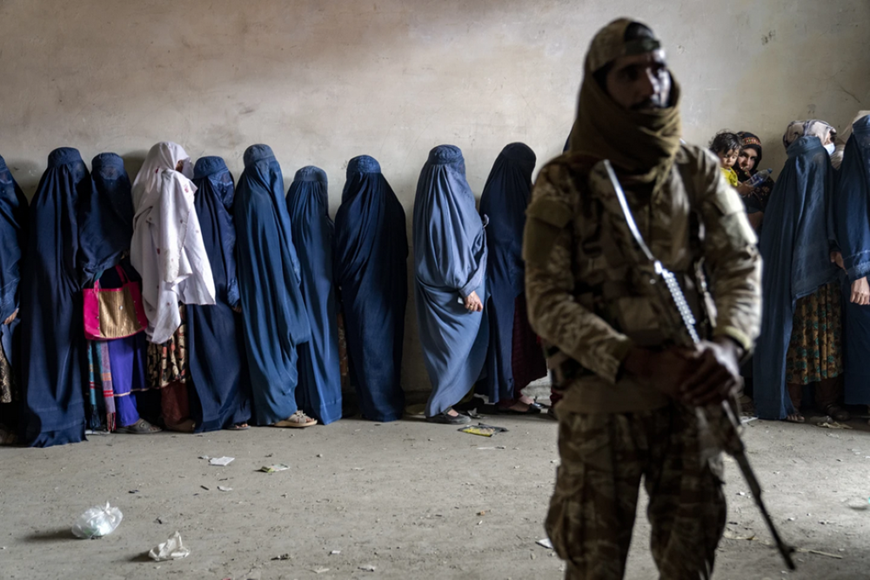 |
A Taliban gunman stands guard as Afghan women wait to receive food aid in Kabul. Photo: AP |
To date, no country has officially recognized the Taliban as the legitimate ruling force in Afghanistan. The international community considers women's right to education an important condition in negotiations on aid and recognition for the Taliban.
According to Ms. Sima Bahous - Deputy Secretary-General of the United Nations (UN), who is also Executive Director of the UN Entity for Gender Equality and the Empowerment of Women (UN Women), nearly 25% of households in Afghanistan are headed by women. The current government in Afghanistan has many restrictions on women's socio -economic participation, which could severely affect about 2 million women. In addition, these restrictions could also cause a growing and difficult-to-heal wound for this Southwest Asian country.
Currently, Afghanistan is in the midst of a humanitarian crisis with 28.3 million people needing assistance to survive. Food and healthcare are becoming a nightmare for the Afghan people as more than half of the country's population is food insecure and in need of urgent humanitarian assistance. In the first 5 months of 2023 alone, more than half a million Afghans continued to join this number. The humanitarian disaster came to Afghanistan at a time when the Taliban government was isolated by the world, cut off from all aid and development loans, and had its assets sent abroad frozen.
In addition, Afghanistan faces a prolonged drought and a second consecutive year of economic recession. Afghanistan's economic output fell 20.7% after the Taliban returned to power in 2021.
Security remains a challenge for Afghanistan. Although the Taliban, which runs Afghanistan, has focused its efforts on securing the country and has carried out several operations to capture members of the self-proclaimed Islamic State (IS), Kabul and other urban centers have suffered deadly attacks.
More than 1,000 civilians in the country have been killed in bombings and other violent attacks since foreign forces left and the Taliban took over in 2021, according to the UN Mission in Afghanistan (UNAMA).
In a message released last April, Mawlawi Hibatullah Akhundzada, leader of the Taliban government in Afghanistan, mentioned the achievements since coming to power. He affirmed that the Taliban-led government has helped end conflicts and ensure peace in Afghanistan, while also putting the economy back on track, fighting corruption, and banning drug processing and trafficking in the country.
However, looking at the current situation in Afghanistan, it can be seen that there are still many concerns about the political, security, economic and social situation in this Southwest Asian country. After two years of the Taliban returning to power, Afghanistan still faces many obstacles and thorns that are difficult to overcome.
HUNG HA
*Please visit the International section to see related news and articles.
Source




![[Photo] National Assembly Chairman Tran Thanh Man received a delegation of the Social Democratic Party of Germany](https://vphoto.vietnam.vn/thumb/1200x675/vietnam/resource/IMAGE/2025/10/28/1761652150406_ndo_br_cover-3345-jpg.webp)
![[Photo] Draft documents of the 14th Party Congress reach people at the Commune Cultural Post Offices](https://vphoto.vietnam.vn/thumb/1200x675/vietnam/resource/IMAGE/2025/10/28/1761642182616_du-thao-tai-tinh-hung-yen-4070-5235-jpg.webp)
![[Photo] Flooding on the right side of the gate, entrance to Hue Citadel](https://vphoto.vietnam.vn/thumb/1200x675/vietnam/resource/IMAGE/2025/10/28/1761660788143_ndo_br_gen-h-z7165069467254-74c71c36d0cb396744b678cec80552f0-2-jpg.webp)





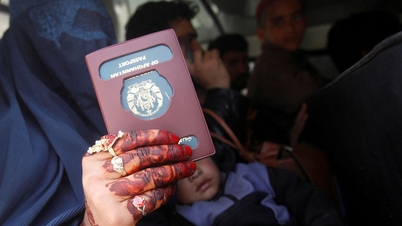


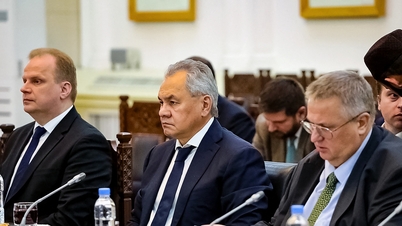












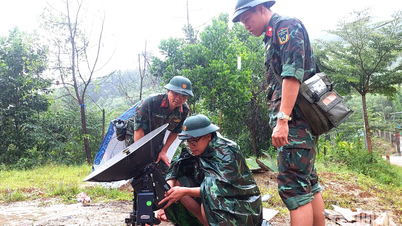

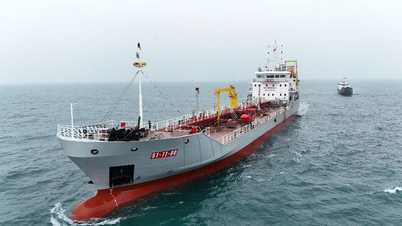
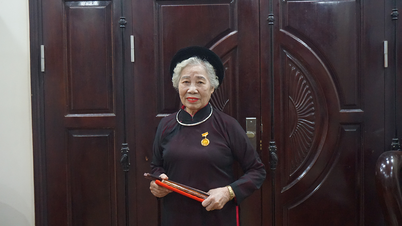

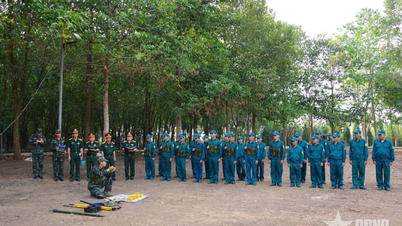

![[Photo] President Luong Cuong attends the 80th Anniversary of the Traditional Day of the Armed Forces of Military Region 3](https://vphoto.vietnam.vn/thumb/1200x675/vietnam/resource/IMAGE/2025/10/28/1761635584312_ndo_br_1-jpg.webp)
































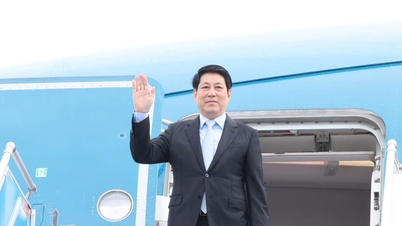






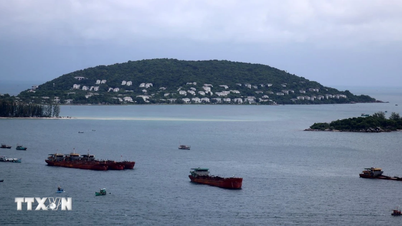



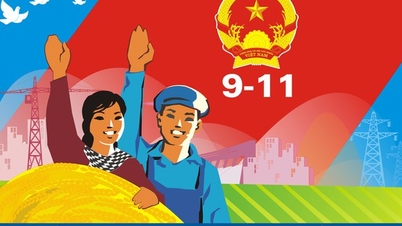







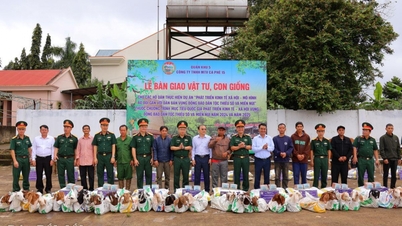






















Comment (0)